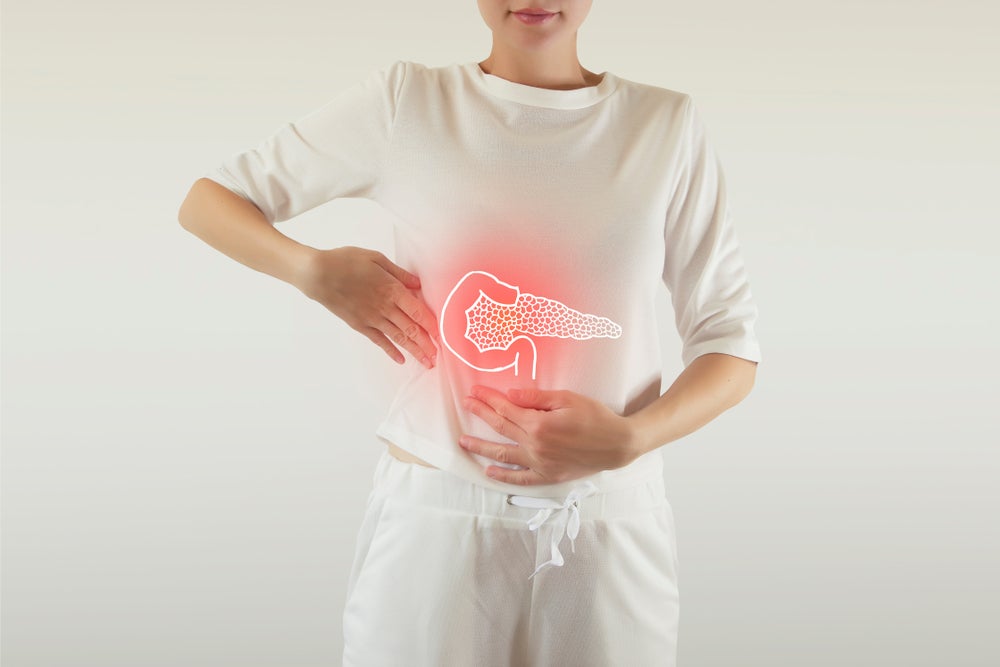
It’s good news for mankind – the coronavirus vaccine developed by Pfizer and BioNTech has been shown to protect 94% of adults over 65 against the disease, while another vaccine developed by Moderna is up to 95% effective according to early data. But the positive vaccine news hasn’t been as bright for Covid-19 diagnostic developers, which have since seen significant drops in their share prices.
Theoretically, screening for the disease will drop as vaccines are rolled out and the prevalence of the illness falls, leaving demand for diagnostics a shadow of what it once was. However, industry executives appear to be counting on mass screening continuing even as cases decrease, particularly when it comes to antibody testing, which is set to become a lot more relevant.
Quidel stocks have been hit hardest
By far the hardest hit firm was Quidel, falling 28% from $283.45 per share to $203.66 overnight on 9 November. The company’s stocks have been gradually declining ever since. Much of the investor hype around Quidel has derived from the development of its rapid Sofia SARS antigen test, which saw its revenues spike 276% to $337m, with $318m coming from Sofia.
However, Quidel’s misfortune in these circumstances is hardly surprising. The company focuses exclusively on the diagnostics market, while shares of more diversified companies fell much less dramatically. Hologic and PerkinElmer both saw a 9% drop in shares, with Thermo Fisher declining by 8% and Abbott by 4%. Other diagnostics-centric companies also experienced comparable losses, including Qiagen (8%), LabCorp (7%) and Quest Diagnostics (5%).
Quidel CEO Doug Bryant has since made the case to investors that a widely available vaccine would not lead to reduced testing demand, stressing that the use of vaccine will put the “same pressure on the virus to mutate… [inviting] the arrival of a surviving new strain”.
While we currently know little about the impact of mutations on the Covid-19 virus, there is no existing evidence that the small genetic changes reported and investigated thus far have changed the spread or severity of the disease. It’s possible that a vaccine-resistant strain could evolve in the future, which Quidel maintains its antigen tests will still be able to detect – but there’s no guarantee this will happen.
How well do you really know your competitors?
Access the most comprehensive Company Profiles on the market, powered by GlobalData. Save hours of research. Gain competitive edge.

Thank you!
Your download email will arrive shortly
Not ready to buy yet? Download a free sample
We are confident about the unique quality of our Company Profiles. However, we want you to make the most beneficial decision for your business, so we offer a free sample that you can download by submitting the below form
By GlobalDataAn antibody testing boom could be on the horizon
With all this in mind, a vaccine isn’t about to be rolled out tomorrow morning. Safety data still needs ironing out, and the logistics of delivering vaccines to the global population en-masse are rather complex. We may have a viable vaccine soon, but it’s not here yet, and the financial hit to diagnostics companies bolstered by their Covid-19 portfolios is arguably a premature one.
A vaccine could also boost demand for antibody testing, even as it reduces demand for antigen tests. Diagnostics that assess people’s immune response could be used to assess the duration of immunity granted by the vaccine by public health bodies, which could provide a fairly significant lift for developers of such devices.
A study from the University of Oxford suggests that individuals who previously had Covid-19 are unlikely to contract the illness again for at least another six months, while researchers at La Jolla Institute have found that the B cell memory that protects against the disease is likely to be long-lasting. When a vaccine is administered, researchers will want to run similar studies to ensure the durability of immunity following the jab. If it only lasts a short while, regular vaccine boosters may be necessary for vulnerable individuals.





